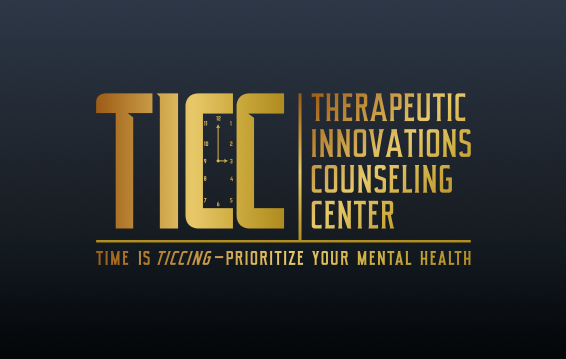FREQUENTLY ASKED QUESTIONS (FAQs)
The first session is called a clinical intake/assessment, which allows me to get a better understanding of your concerns and your background. You complete a clinical intake form and several other forms before this session, and I use your responses to formulate more clarifying questions for when we meet. The clinical intake is an opportunity for us to get to know each other, discuss what you would like to get out of therapy, and for me to share how I can help. If this ends up being a good fit for both of us, we will schedule future sessions.
Please ensure your camera and audio are working well on your digital device so you will not have any delays logging into the virtual platform.
Secure a private and quiet space to conduct this and future sessions.
The first therapy session will to be establish treatment goals (what you would like to get out of therapy) along with objectives (how we will achieve and measure your goals). It will also include an overview of the structure of our sessions, and some at home practice you can begin to incorporate into your week.
Future sessions will be mapped out based on which treatment goal you would like to focus on first. We can also change the order of your goals or add new ones based on what is going on in your life. I will share with you specific interventions we will use and the rationale behind them. There will always be something for you to work on between our sessions so you can see progress a lot faster!
Based on your needs, we will meet weekly or biweekly.
Everyone's response to therapy is different. Some people begin to experience small improvements by the third or fourth session while others may take longer. Growth and change in therapy is personal and individualized so it is best to not rush the process. Try to be patient with yourself and the changes in your brain.
Treatment is collaborative so you and I will do regular check-ins to see what is going well and what changes need to be made.
Average length of treatment may be 8-16 sessions but can go on for longer based on your treatment goals.
I assess progress in treatment based on my clinical observations, your personal report, and the use of brief mood assessments throughout treatment.
I use a HIPAA compliant video therapy platform, Doxy.me. Prior to our session, you will receive a therapy link that allows you to connect.
Depending on which smart device you use, you will need to give permission to connect to the audio and video Doxy.me application in order to utilize the virtual platform. There is a test feature embedded in the application so you can test out your equipment in advance.
I've been offering virtual therapy since the COVID 19 pandemic. I personally enjoy virtual therapy because it allows me to meet with clients in states and cities I would not normally reach. Virtual therapy offers clients convenience to conduct therapy in the comfort of their home. Change is already so hard so why not bring the therapy session into your familiar environment?!
Lastly, based on research findings, people who participate in virtual therapy have the same therapeutic outcomes as those who participate in-person therapy.
PSYPACT is an interstate compact that allows me to provide telepsychology services to clients in 42 participating states. This credential, which required a rigorous application process and verification of my qualifications, enables you to access my support and expertise from the comfort of your home, regardless of where you are located within these states.
Evidence-based treatment in psychotherapy means using therapeutic approaches and techniques that have been scientifically researched and proven to be effective. My comprehensive academic and professional training has equipped me with the skills and knowledge to deliver these treatments, ensuring you receive the best possible care based on the latest and most reliable findings.
A clinical psychologist is a licensed mental health professional with extensive training in diagnosing and treating psychological disorders using evidence-based therapies. They are trained to get to the root of problems, addressing underlying mental health issues. In contrast, a life coach focuses on personal development and goal-setting, helping clients achieve specific objectives without necessarily addressing these deeper issues.
Follow TICC Center on Facebook!

